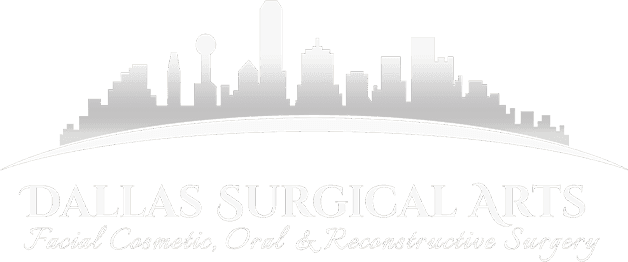Patients seeking relief from temporomandibular joint dysfunction may be good candidates for a procedure
called total joint replacement.
What is total joint replacement surgery?
Temporomandibular joint dysfunction can be cured with surgical intervention.
If you have temporomandibular joint dysfunction, you are likely no stranger to the pain and
stiffness that goes along with it. Temporomandibular joint dysfunction is a condition in which the
temporomandibular joint of the jaw does not align properly with the jaw bone. As a result, the jaw
abrades against the joint and pops in and out as you speak and chew. It can also cause pain
throughout the upper body, including the back, head, neck and shoulders. That’s because our
upper bodies are connected through muscles and nerves, and the misalignment can irritate those
muscles. Other signs of temporomandibular joint dysfunction (also known as TMJ dysfunction)
include ringing in the ears (tinnitus) and uneven wear on the teeth, including chips, cracks and
premature wear on fillings.
If you have TMJ dysfunction, getting relief is probably of paramount concern, but it can be hard to
know what treatment options are best for you. Medical terms are often tossed about, including
orthodontics, neuromuscular dentistry and even physical therapy. But for some, these interventions
are not enough – or not enough on their own. For those individuals, there is another more
permanent solution: total joint replacement.
Total joint replacement is a surgical procedure in which the temporomandibular joint is replaced
with a prosthetic (usually steel) that allows the jaw joint to connect to the temporomandibular joint
seamlessly, eliminating the misalignment and, naturally, the pain.
Who is a good candidate for total joint replacement surgery?
But how do you know if you are a good candidate for total joint replacement? Total joint
replacement is a serious procedure that should only be attempted if other means to treat
temporomandibular joint dysfunction have failed. Those who are good candidates for the surgery
include patients with severe degenerative arthritis, inflammatory arthritis, changes to the face
shape or bite, failed prior surgeries to correct the joint opening, and tissue fusion in the joint –
among other things.
It’s also important to note that surgery itself may not be enough to correct your TMJ dysfunction.
As mentioned before, other interventions such as orthodontic work and physical therapy may be
required to help you get used to your prosthetic and to correct any lingering bite issues such as
crooked teeth.
If you are interested in learning more about total joint replacement, please schedule an
appointment for a consultation with Dr. Sanovich by calling (972) 914-3660


